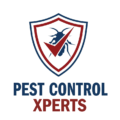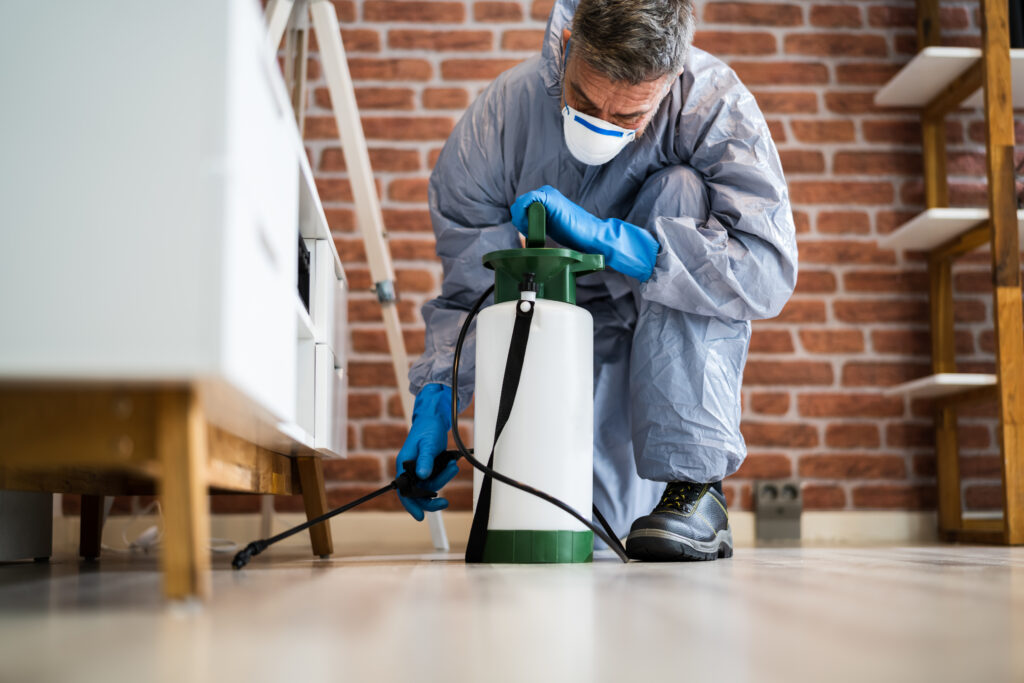Entry-Point Checks, Sealing Tips, and Why Infestations Can Spiral
By Pest Control Xperts
Boca Raton, Deerfield Beach, and Delray Beach each boast thriving coastal communities, scenic beachside retreats, and popular attractions that draw both residents and visitors year-round. With destinations like Mizner Park in Boca Raton, the International Fishing Pier in Deerfield Beach, and the lively Atlantic Avenue in Delray Beach, South Florida offers plenty of sun and entertainment. Unfortunately, these same warm, inviting conditions can also welcome an uninvited guest: rodents. Below, we explore how rats and mice commonly enter homes, practical strategies to seal them out, and why infestations can quickly escalate if not addressed.
1. Why South Florida Attracts Rodents
- Warm, Coastal Climate
- Mild weather allows rodents to remain active throughout the year.
- With few cold snaps to slow them down, rats and mice constantly seek new nesting sites.
- Abundant Food Sources
- Restaurants, homes, and tourist areas can produce readily available scraps.
- Trash bins and dumpsters near popular spots, such as near South Inlet Park or the shops along Atlantic Avenue, can inadvertently draw rodents closer to residential areas.
- Green, Lush Landscaping
- Gardens and landscaped lawns provide hiding spots.
- Overgrown shrubbery or palm trees that brush against structures can create simple pathways inside.
2. Entry-Point Checks: Common Ways Rodents Invade
Rats and mice are resourceful and can squeeze through even the smallest openings. A thorough inspection can reveal these weak points before they become a full-blown infestation.
- Foundations and Exterior Walls
- Examine the base of your home for holes or cracks.
- Check for gaps near utility lines or pipes.
- Doors and Windows
- Damaged weather stripping around doors often goes unnoticed.
- Torn screens or ill-fitting window frames can offer simple access.
- Roof and Attic Vents
- Loose shingles, missing vent covers, or warped soffits allow rodents to climb in.
- Look for droppings, gnawed wood, or shredded insulation in upper-level storage spaces.
- Garages and Sheds
- Gaps along the bottom of garage doors or at the corners of sheds are prime openings.
- Regularly clear out clutter where rodents can hide.
3. Sealing Tips to Keep Rodents Out
Once you identify potential entry points, sealing them quickly can discourage rats and mice from setting up permanent residence.
- Sturdy Materials
- Combine metal mesh or steel wool with sealant to cover holes, as rodents are capable of chewing through many softer materials.
- Reinforce exterior vents with heavy-duty screen covers.
- Refurbish Door Sweeps and Weather Strips
- Swap out worn or damaged sweeps under exterior doors.
- Ensure that any threshold gaps are minimal, since even a small space can invite a mouse inside.
- Trim Vegetation
- Keep tree limbs or tall shrubs from touching the walls or roofline of your home.
- Removing this “bridge” can help deter rodents from climbing into eaves or upper floors.
- Secure Storage
- Use sealed containers for pantry items and pet food.
- Store garbage bins away from entry doors and ensure lids fit tightly.
4. Why Rodent Infestations Can Spiral Quickly
Even minor rodent activity can escalate unexpectedly if it isn’t addressed:
- Rapid Reproduction
- Rats and mice breed frequently, with each litter producing multiple offspring.
- A small population can skyrocket within a few weeks under ideal conditions.
- Continuous Damage
- Chewing through wires, drywall, or stored belongings is part of rodent behavior.
- Over time, this can weaken structural integrity or create fire hazards.
- Health Risks
- Droppings and nesting materials can contaminate surfaces.
- Rodent activity may attract fleas or other secondary pests, amplifying concerns.
- Hidden Nests
- Rodents seek out quiet, undisturbed corners—attics, basements, or behind walls.
- Infestations often go undetected until populations have grown large.
5. Local Landmarks and Rodent Challenges
- Mizner Park (Boca Raton): Its outdoor dining and shopping scene can lead to surplus scraps, drawing rodents into nearby neighborhoods if trash isn’t managed properly.
- International Fishing Pier (Deerfield Beach): The coastal area around the pier can create moist, inviting conditions for rodents seeking water and shelter.
- Atlantic Avenue (Delray Beach): Known for its vibrant nightlife and restaurants, busy sidewalks often mean more disposed food items, luring rats and mice toward residential streets.
Staying mindful of how these bustling spots might affect your property helps you remain proactive in your rodent control efforts.
6. Pest Control Xperts Serving Boca Raton, Deerfield Beach, and Delray Beach
Pest Control Xperts emphasizes consistent, preventive measures to help homeowners and businesses stay rodent-free. From identifying weak entry points to recommending long-term deterrents, the goal is to stop infestations before they escalate into larger problems.
Tips for Maintaining a Rodent-Free Home
- Periodic Inspections: Regularly walk your property, checking for new openings or signs of gnawing.
- Tidy Storage: Keep items off the floor in garages or sheds, using sturdy plastic or metal containers where possible.
- Prompt Repairs: Address broken screens, damaged baseboards, and leaky pipes quickly to minimize rodent-friendly conditions.
Final Thoughts
South Florida’s warm, coastal climate often grants rodents the perfect environment to thrive—especially in bustling communities like Boca Raton, Deerfield Beach, and Delray Beach. By conducting careful entry-point checks, implementing thorough sealing tactics, and monitoring your property for any signs of rodent activity, you can reduce the likelihood of an expanding infestation.
With a mindful approach and support from Pest Control Xperts, homeowners in these areas can protect their properties against the persistent threat of rats and mice, keeping local communities healthier and more enjoyable for everyone.

